
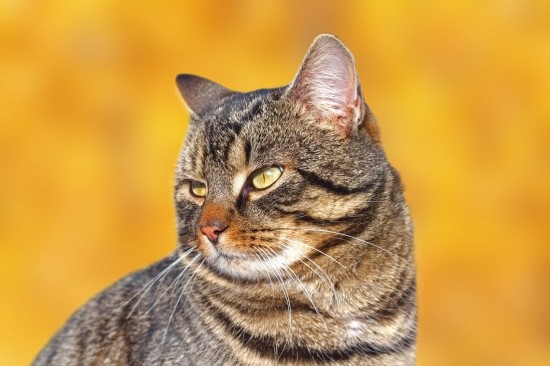
Older cats are prone to suffer from chronic kidney disease (CKD) but sadly this condition is often only picked up when it is in its advanced stage. As such cats would have already lost anything up to three quarters of their kidney function. The condition is chronic which means it is a progressive disorder that over time slowly gets worse and because of this it follows that laboratory tests often fail to diagnose the problem in the early stages of the disease.
It cannot be stressed enough the importance of feeding good quality protein in a senior cat's diets. However, too much good protein when fed to a cat suffering with CKD, can make their condition even worse which means there's a fine and delicate balance as to how much good quality protein should be fed to an older cat suffering from chronic kidney disease. This is a real dilemma that many pet owners face as their feline friends reach their senior years.
Some pet food manufacturers produce specifically formulated foods for senior cats which boast reduced levels of protein and they do so on the assumption that many older cats are prone to suffer from CKD and therefore would be better off being fed a lower amount of protein. However, there is no basis for this assumption and if anything, a cat with the condition should be fed the same amount of protein with the one difference being that it has to be top quality so that it's more digestible.
However, older cats are also prone to developing a condition known as sarcopenia which is where they suffer a loss of skeletal muscle mass and therefore their strength is affected. This is all part of the ageing process but the problem is there are many reasons why sarcopenia raises its ugly head and one of these could be due to a protein deficiency as well as other systemic diseases or musculoskeletal and neurological disorders.
Although not enough research has been carried out, one particular study has shown that when cats reach the ages of 10 to 14, they have a much harder time digesting protein as well as other much needed and valuable nutrients namely fat and energy. Another study carried that may be relevant was one that was carried out on older people which showed that when they ate more protein they actually lost muscle mass instead of sustaining it.
Vets and qualified cat nutritionists recommend that senior cats with the condition should be fed good quality protein rather than feeding them more of it because until more research is carried out into the optimum dietary needs of an older cat this would be the best route to take and especially if they are suffering from chronic kidney disease.
It's essential to feed an older cat good quality pet food but with this said, all cats and other pets need to be fed the best quality food throughout their lives as this will help keep them healthy and nasty illnesses and health disorders at bay. A cat with a stronger immune system stands a better chance of fighting off any pathogens that may attack their systems whereas one with a weakened immune system would be more susceptible to catching viruses of every kind.
Vets and nutritionists also recommend that older cats with kidney disorders can really benefit from being fed a home-made diet which should include fresh cooked chicken because it offers them a good source of high quality protein. Another excellent source of digestible protein comes in the form of eggs which have a very high biologic value and this is especially important for an older cat suffering from CKD. This means the protein is absorbed by the body and is not excreted out of the body which would put that much more pressure on an older cat's already compromised kidney function.
At the end of the day, it is far better to feed the same level of protein to an older cat as they had been fed throughout their lives but to ensure the protein is of the highest quality. The digestibility of the food has to be taken into consideration too which means discussing your cat's needs with either your vet or a qualified cat nutritionist. It is crucial to seek their advice because each cat has their own specific dietary and nutritional needs especially as they get older. The one thing to bear in mind, is that a sudden change in a cat's diet can seriously impact their health. Any changes have to be introduced slowly to ensure your pet does not suffer any digestive disorders which could weaken them even more.
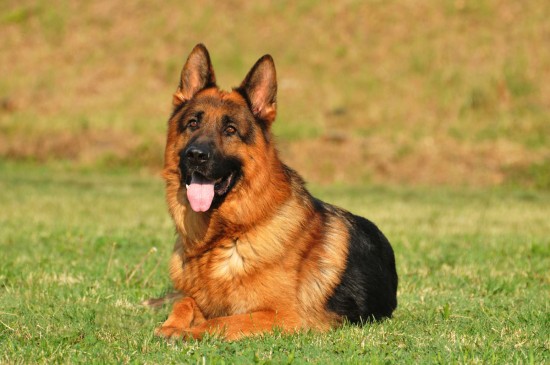 3 Common Complaints In German Shepherds
3 Common Complain
3 Common Complaints In German Shepherds
3 Common Complain
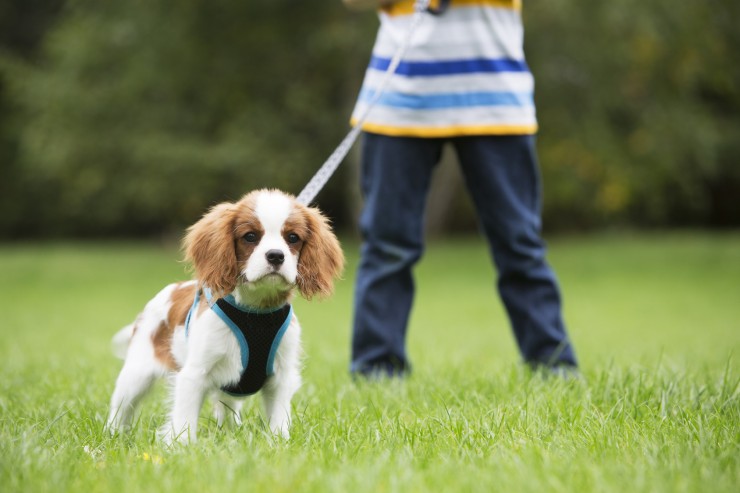 How To Teach The Kids To Walk Your Dog Nicely
How To Teach The
How To Teach The Kids To Walk Your Dog Nicely
How To Teach The
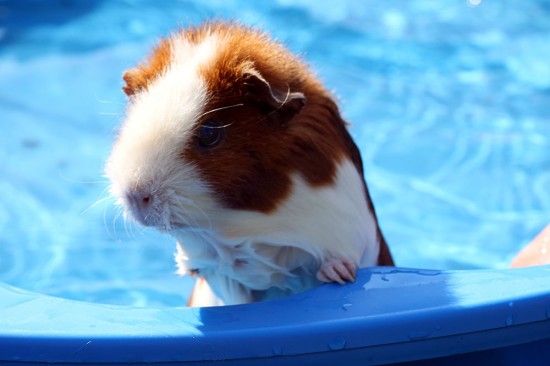 Can I Give My Guinea Pigs A Bath?
Can I Give My Gui
Can I Give My Guinea Pigs A Bath?
Can I Give My Gui
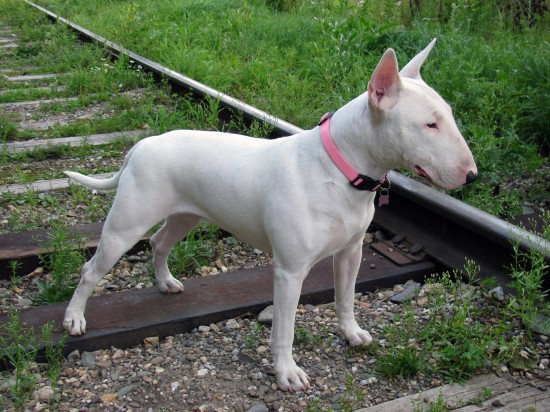 Bull Terrier Hereditary Health And Conformation
Bull Terrier Here
Bull Terrier Hereditary Health And Conformation
Bull Terrier Here
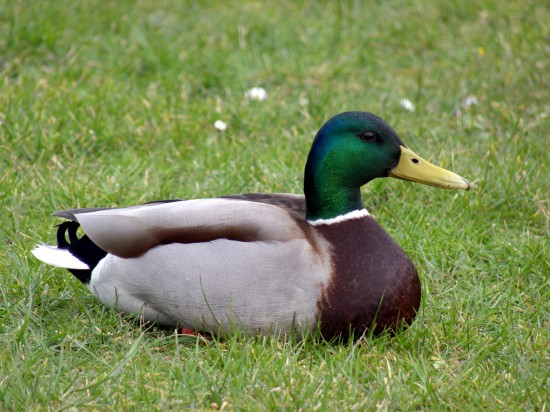 How To Care For Bantam Ducks During The Winter Months
How To Care For B
How To Care For Bantam Ducks During The Winter Months
How To Care For B
Copyright © 2005-2016 Pet Information All Rights Reserved
Contact us: www162date@outlook.com